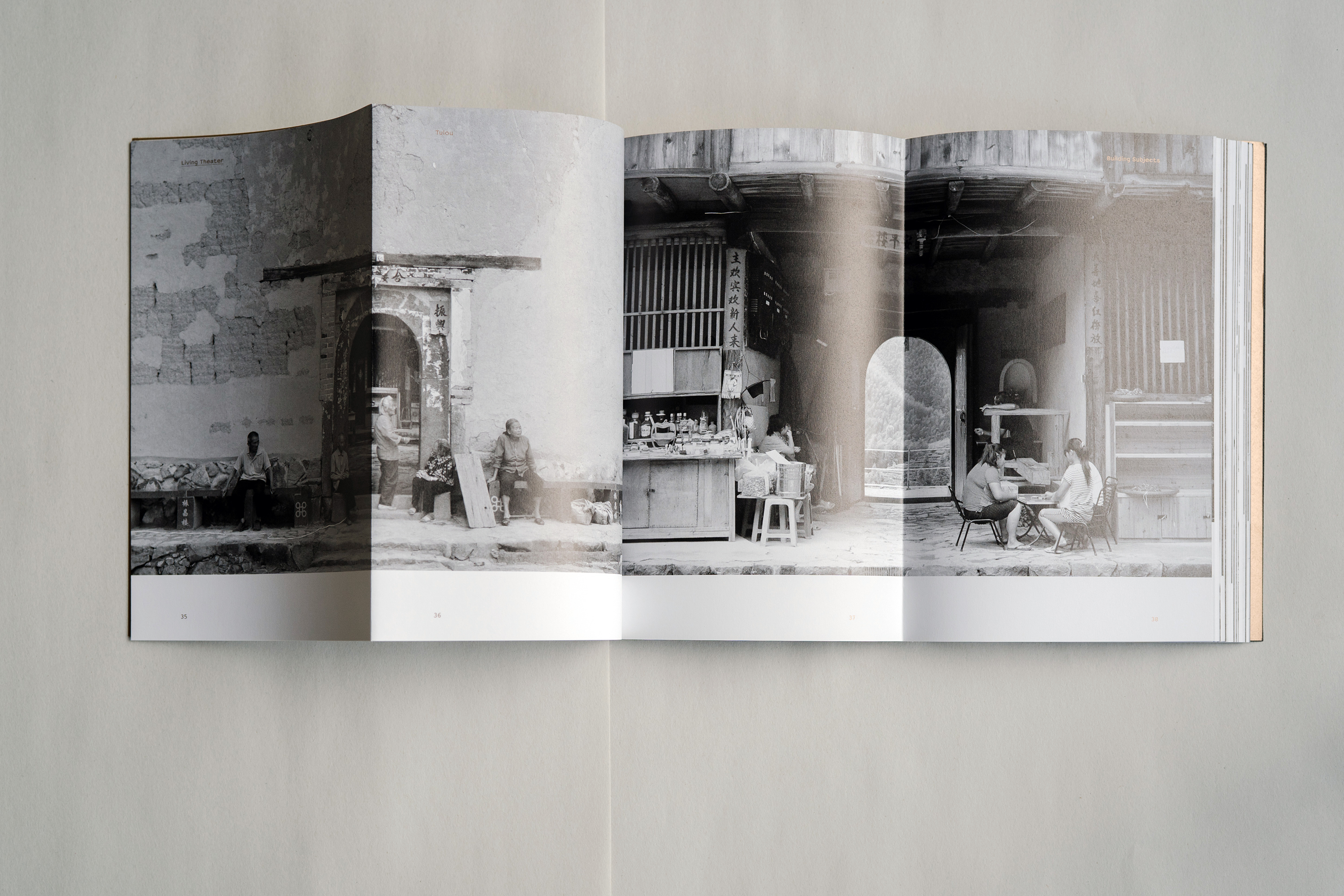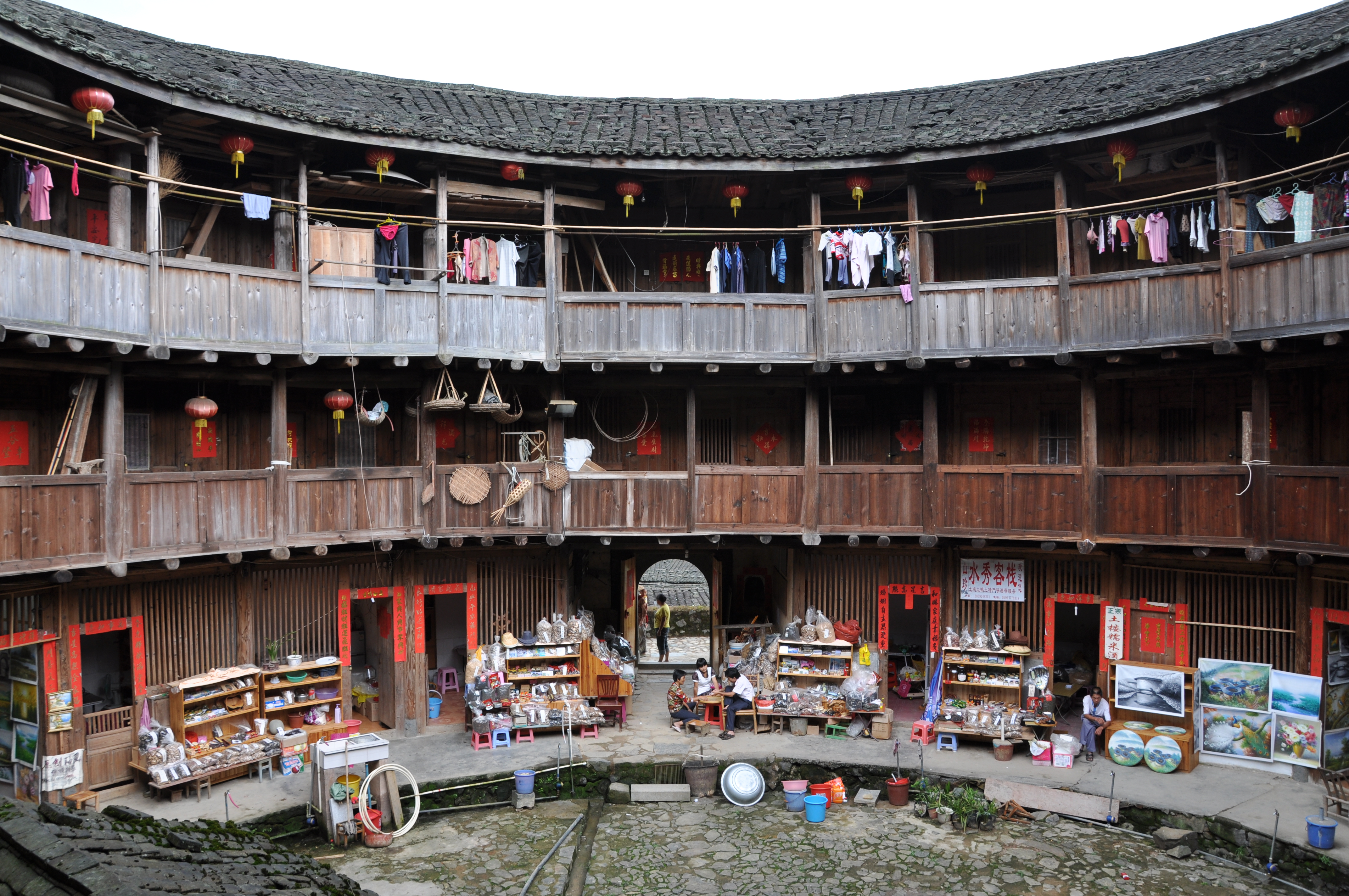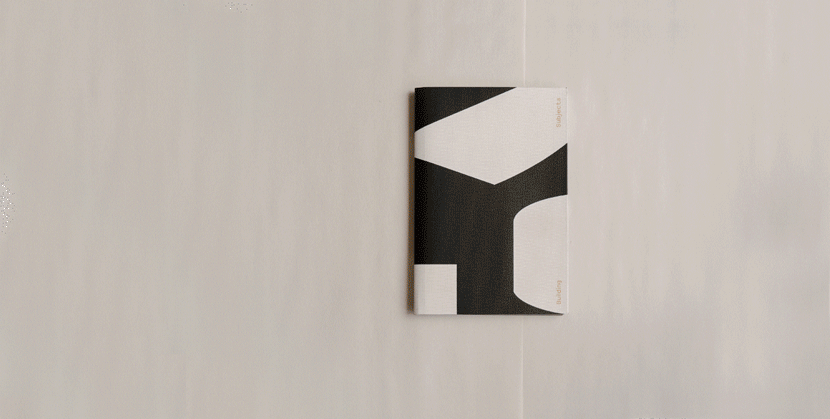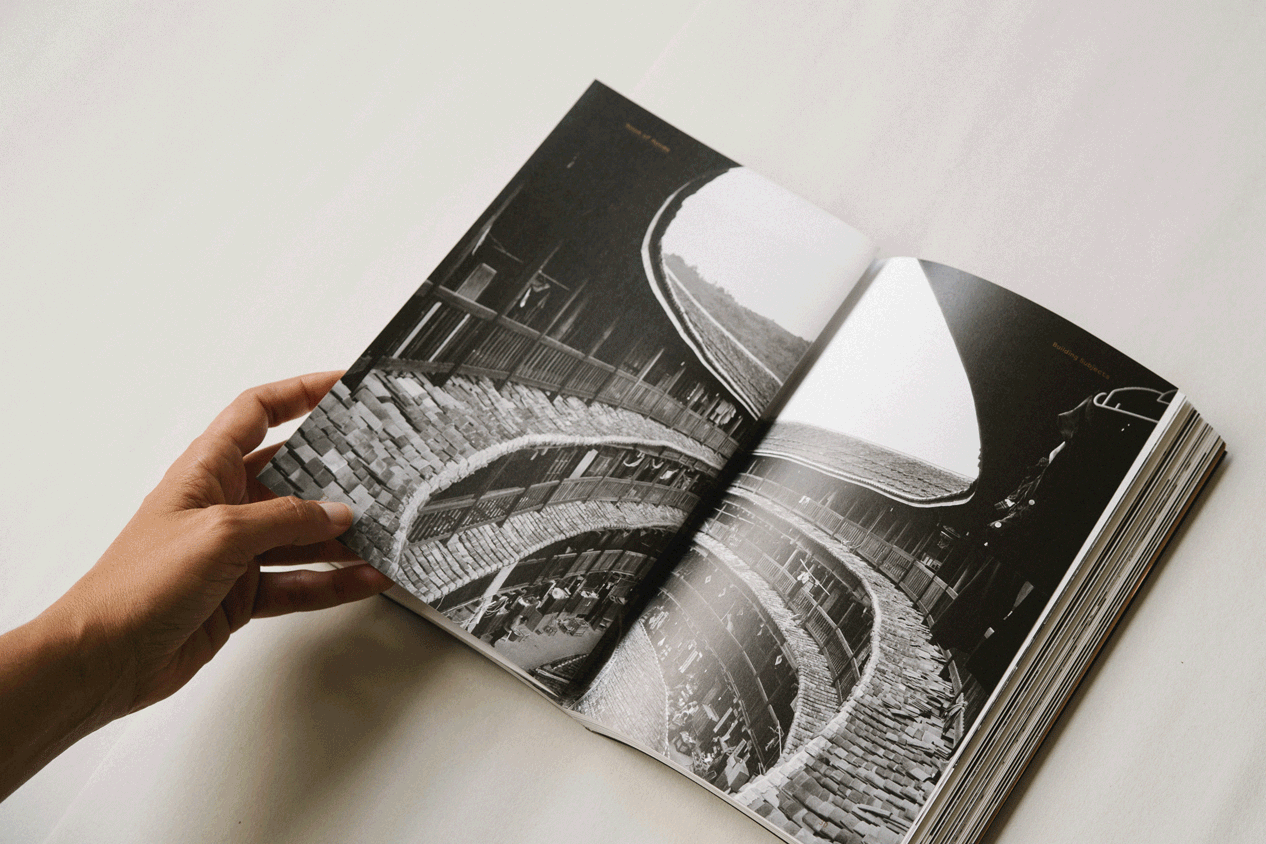Building Subjects
Traveling through China today, one can encounter family clans inhabiting round earthen dwellings, migrant workers living in fortress-like compounds in city centers, and elderly residents acting out remnant utopian ideals in urban communes.
Published in 2019, Building Subjects provides an alternative to the Western narrative of modern housing through the lens of collectively-adapted housing structures in China. Observing that the contemporary Chinese city is built on the foundation of anachronistic housing forms, Building Subjects positions housing as continuously adapted structures through which residents negotiate with societal change.




Through original texts, drawings, and photographs, Building
Subjects offers a close study of four housing models unique to China
(Tulou, Lilong, Urban Commune, and Urban Tulou). The four housing models are
split into sixteen building parts, redirecting attention toward moments of the
building shaped by collective desires. Here, buildings are presented as part-to-part
relationships rather than single instances, communicating the original intent of
these buildings as malleable types that adapt to different sites and residents.
















The book is designed in collaboration with graphic designers
Renata Graw of Normal and Jeremiah Chiu of SomeAllNone. A unique
book-within-a-book binding and layout design mirrors the book’s content -
readers are invited to piece together their own understandings of the buildings
presented within the book. In turn, they are encouraged to draw parallels
between the stories behind these buildings and their own experiences of domestic
space.



Building Subjects is published by Standpunkte, which supports
collaborations between architects, historians, and graphic designers in
creating contemporary perspectives on the built environment. The book carries
this ethos forward by creating space for a conversation on housing across different
cultures. Pithy observations on housing are scattered throughout the book,
while interviews conducted alongside art historian Nancy P. Lin with
architecture practices OPEN Architecture and URBANUS reflect on the shifting dynamic
of collectivity in housing from the past to the present and the future.
Project Team: De Peter Yi, Renata Graw, Jeremiah Chiu,
Nancy P. Lin, Rachel Julia Engler, Amelia Hazinski,
Crystal Zapata, Tim Curley.
Standpunkte Editors: Reto Geiser and Tilo Richter
Photographs of book by Alexa Viscius/De Peter Yi
Recognition: Individual Grant for Publications from Graham Foundation for Advanced Studies in the Fine Arts, AIGA 50 Books Winner
Press: A Weekly Dose of Architecture Books, MAS Context
Standpunkte Editors: Reto Geiser and Tilo Richter
Photographs of book by Alexa Viscius/De Peter Yi
Recognition: Individual Grant for Publications from Graham Foundation for Advanced Studies in the Fine Arts, AIGA 50 Books Winner
Press: A Weekly Dose of Architecture Books, MAS Context